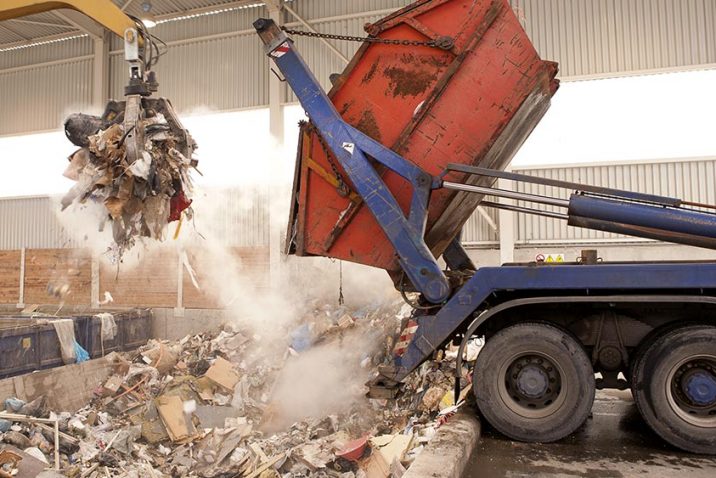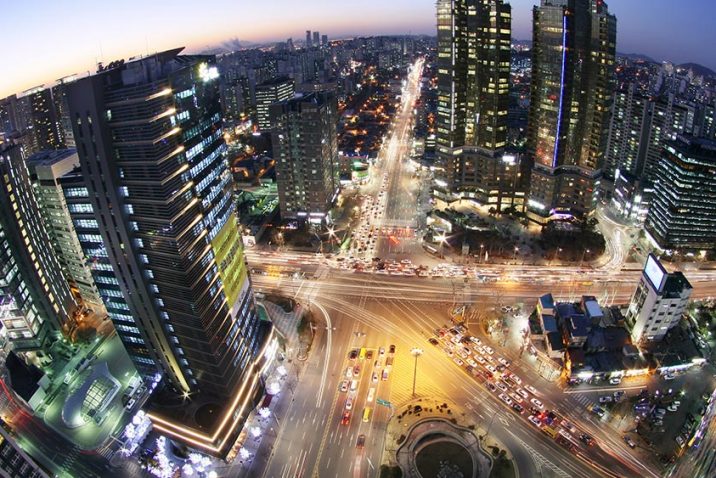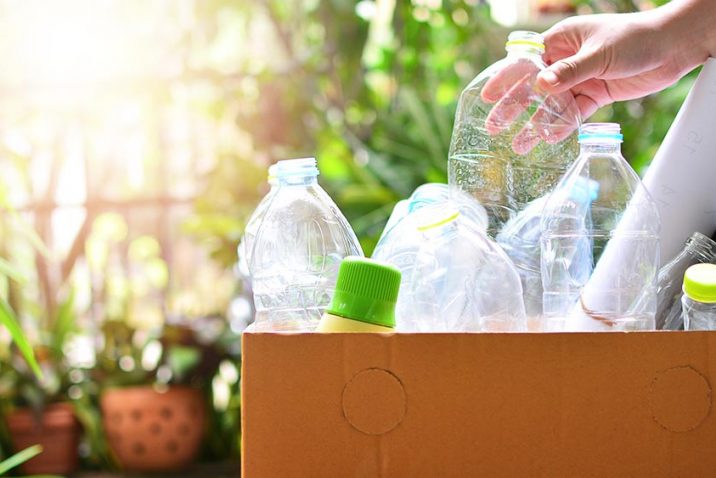A linear economy has long been promoted in the name of productivity. However, its core “take-make-waste” ethos stands at a critical juncture due to its widely reported environmental disadvantages and resource scarcity. The extraction and collection...
Progress towards a circular economy should include not only individual efforts through better consumption habits. Systemic change at a policy level is vital too. For example, the South Korean government banned dumping food waste in landfills in 2005...
Recycling is one of the most beneficial waste management practices. It saves resources, energy and the environment while reducing landfill usage. Take plastics, for instance, the versatile yet problematic material at the center of the global waste...
A circular economy is a set of sustainable economic practices. It is driven by the efficient use of finite resources and the minimization of waste. This involves keeping products and materials in use, in contrast to the linear economy where...





